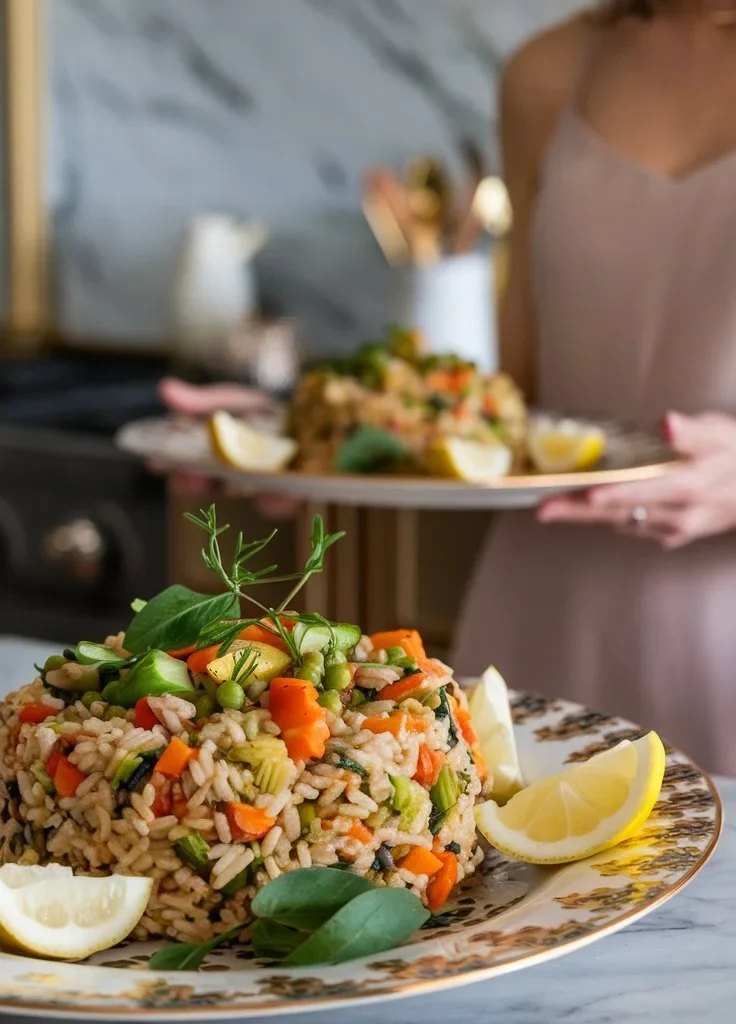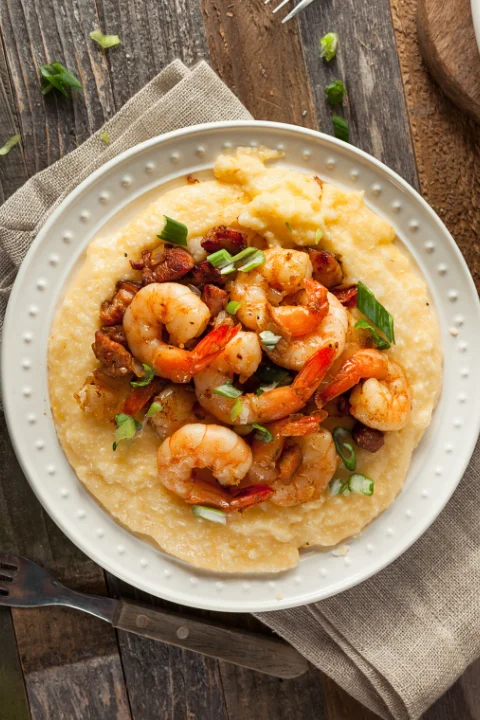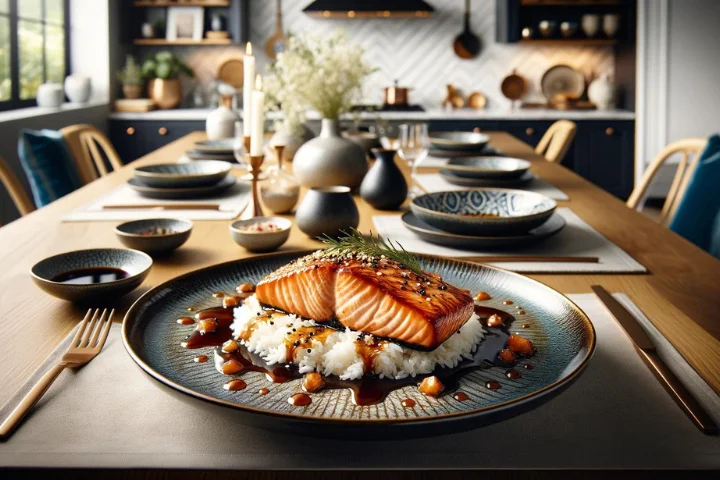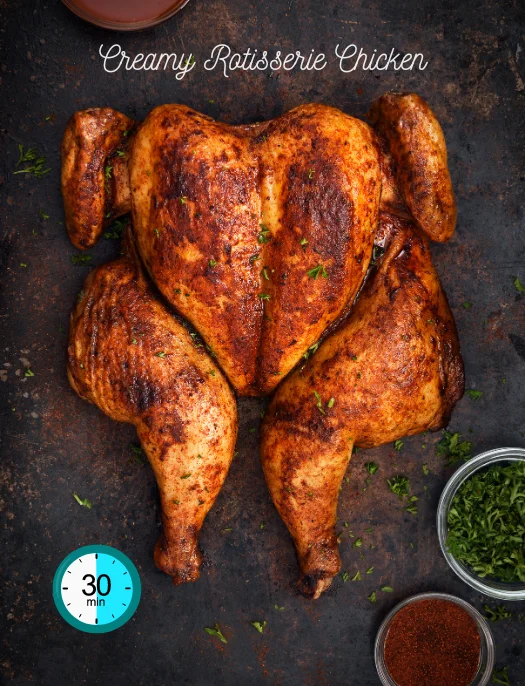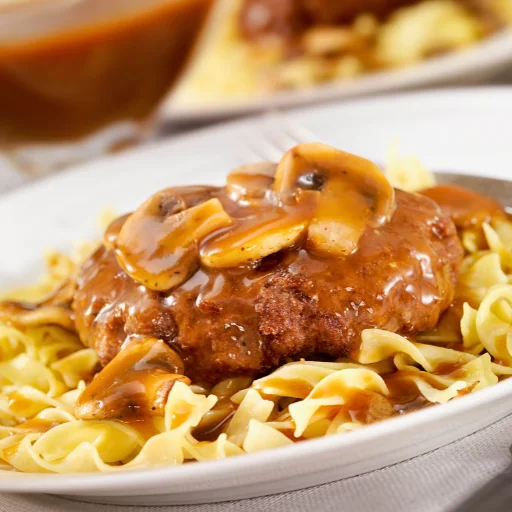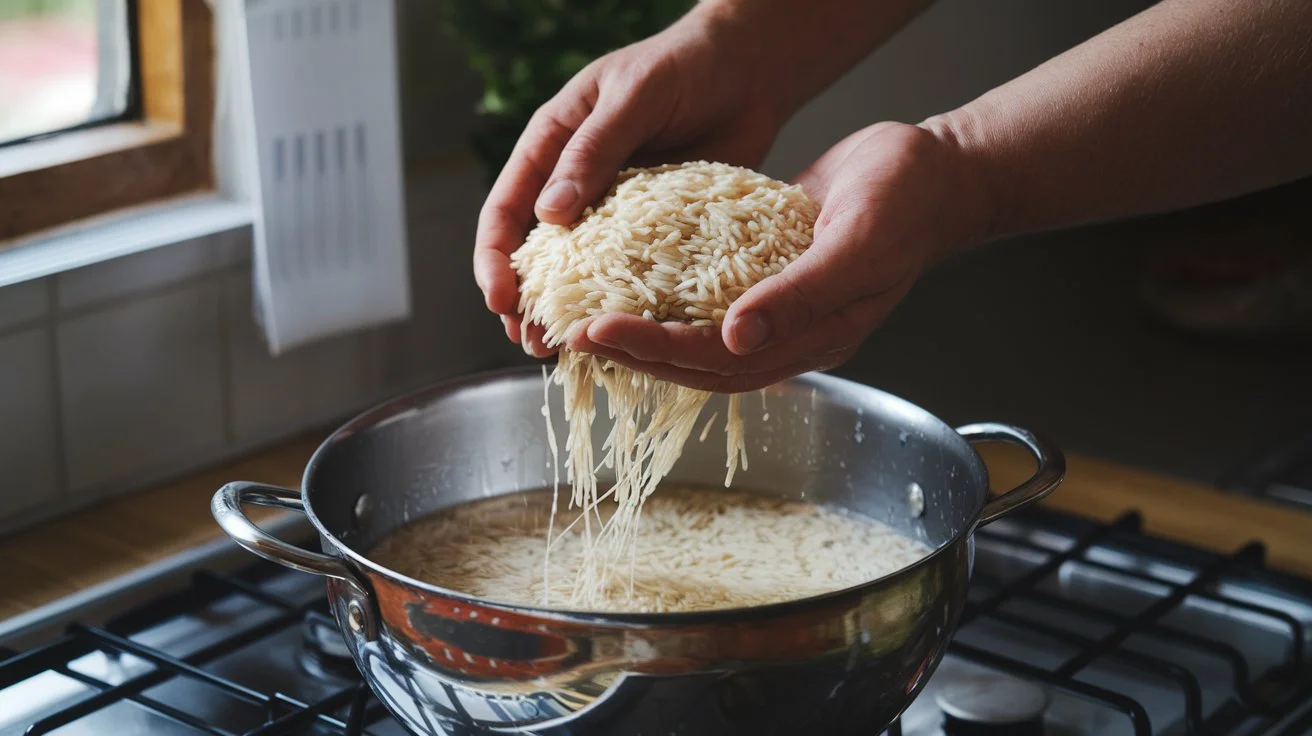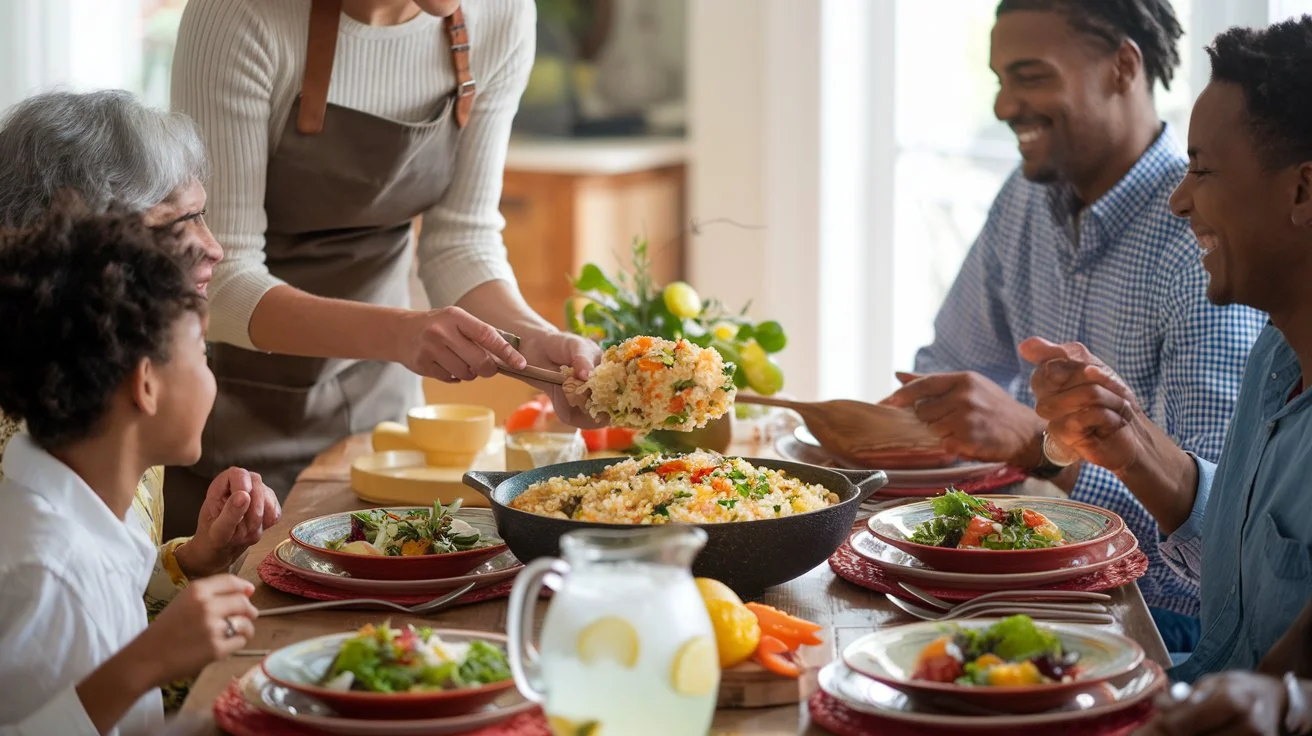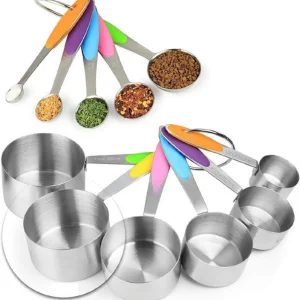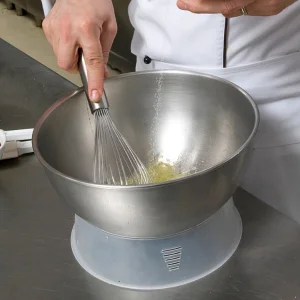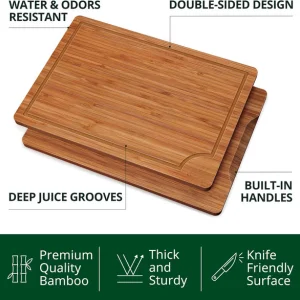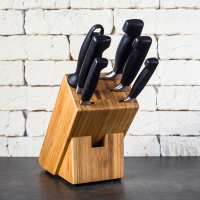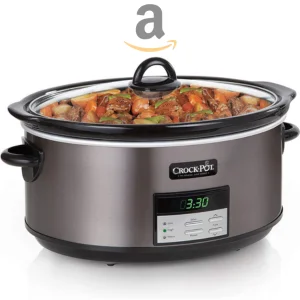As a delightful side dish to your main courses, we usually prefer making rice pilaf with chickpeas. But you’re going to love this buttered vegetable rice pilaf that adds a unique twist! The peas and carrots in this dish will bring a wonderful aroma, brightening up your meals. This easy and practical recipe for delicious vegetable rice pilaf deserves a spot in everyone’s cookbook. You’ll happily receive compliments and praises from everyone who enjoys your dish. Don’t forget to try out my recipe and add it to your collection! Wishing a hearty appetite to those who will give it a go. 🙂
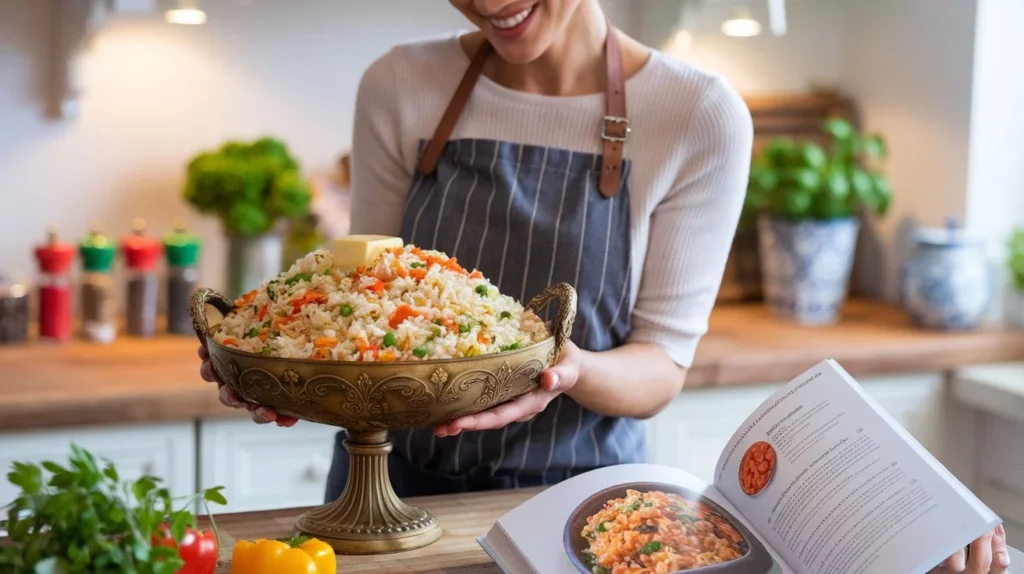
A Brief Origin Story
Rice pilaf has roots that stretch across various cultures, with variations found in Middle Eastern, Mediterranean, and Indian cuisines. The technique of cooking rice with aromatics and spices is thought to have originated in the Middle East over 1,000 years ago. As it traveled along trade routes, different cultures adapted it to their tastes. In Turkey, for example, rice pilaf is often enriched with butter and vegetables, making it a beloved accompaniment to many dishes.
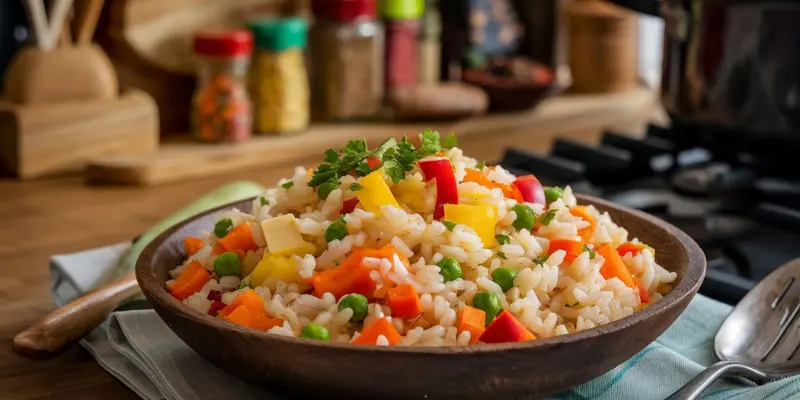
This buttered vegetable rice pilaf combines the rich flavors of butter with vibrant, colorful vegetables, offering a delightful twist on traditional rice dishes. It not only enhances the taste of your main courses but also showcases the versatility of rice as a staple food.
Nutritional Benefits
In addition to its delicious taste, buttered vegetable rice pilaf comes with several nutritional benefits:
Versatile and Customizable: This pilaf can be easily tailored to suit dietary preferences. You can add other vegetables like bell peppers, zucchini, or even proteins such as chicken or shrimp to make it a complete meal.
Rich in Nutrients: The vegetables included in this pilaf—such as peas and carrots—are packed with vitamins, minerals, and fiber. Peas are a great source of protein and vitamin K, while carrots provide beta-carotene, which is essential for eye health.
Balanced Carbohydrates: Rice is a good source of carbohydrates, providing energy to fuel your day. When combined with vegetables, it creates a balanced meal that can help keep you satiated.
Heart-Healthy Fats: The use of butter in moderation adds flavor and can provide essential fatty acids. If you’re looking for a lighter option, you can substitute olive oil for butter, which offers additional heart-healthy benefits.
Let’s into recipe…
Buttered Vegetable Rice Pilaf
Description
Buttered Vegetable Rice Pilaf is more than just a side dish; it’s a warm embrace on your dinner table, bringing comfort and joy to every bite. With its roots in the Middle East, this delightful dish features long-grain rice, lovingly sautéed onions, and a colorful medley of peas and carrots that dance together in harmony. Toasted in rich butter and simmered in savory broth, each grain bursts with flavor, evoking cherished memories of home-cooked meals. Serve it alongside your favorite main dishes, and let it fill your heart and soul with warmth and happiness!
Ingredients
Instructions
Soak the Rice:
Soak the rice in salted lukewarm water for at least half an hour.
Rinse the Rice:
Rinse the rice thoroughly with plenty of water until it becomes very white, then drain.
Sauté the Vermicelli:
In a pot, heat the vegetable oil and add the vermicelli. Continuously stir over medium heat until the vermicelli turns golden brown.
Add the Rice:
Once the vermicelli is toasted, add the drained rice and continue to sauté.
Add Butter:
When the rice is lightly toasted, add the butter and stir until it melts.
Incorporate the Vegetables:
Add the corn, previously boiled carrots, and peas, mixing well.
Cook the Pilaf:
Pour in salt and hot water, cover the pot, and cook on high heat until it starts to bubble. Then, reduce the heat to low and simmer.
Let it Rest:
After cooking, turn off the heat and cover the pot with a clean cloth or paper towel, letting it rest for 15 minutes.
Serve:
Fluff the pilaf before serving. Enjoy your meal!
Servings 6
- Amount Per Serving
- Calories 300kcal
- % Daily Value *
- Cholesterol 15mg5%
- Sodium 300mg13%
- Total Carbohydrate 40g14%
- Dietary Fiber 4g16%
- Sugars 3g
- Protein 8g16%
- Vitamin A 60 IU
- Vitamin C 15 mg
* Percent Daily Values are based on a 2,000 calorie diet. Your daily value may be higher or lower depending on your calorie needs.
Note
- Soaking the Rice:
- Don’t skip the soaking step! It really makes a difference in achieving fluffy rice. If you're short on time, aim for at least 20 minutes, but longer is better.
- Rinsing Thoroughly:
- Rinse the rice until the water runs clear. This step removes excess starch, which can lead to sticky rice. The clearer the water, the fluffier your pilaf will be.
- Cooking Time:
- Pay attention to cooking times. Every stove is different, so adjust as needed. The goal is for the rice to absorb all the liquid and become tender, so keep an eye on it toward the end.
- Sautéing:
- Toasting the vermicelli and rice is crucial. It adds depth and flavor, so don't rush this step. The aroma of toasting rice is incredible!
- Vegetable Variations:
- Feel free to get creative with the vegetables! Adding bell peppers, zucchini, or even spinach can enhance the dish’s flavor and nutrition. Just make sure to cut them into small pieces to ensure even cooking.
- Butter vs. Oil:
- While butter adds a lovely richness, you can substitute with olive oil for a healthier option or to make it vegan. You could even use a combination of both for a balance of flavor.
- Resting Period:
- Letting the pilaf rest covered after cooking is key. This helps the flavors meld together and allows the rice to finish cooking from the residual steam. It’s tempting to dig in right away, but patience pays off!
- Serving Suggestions:
- This pilaf pairs wonderfully with a variety of main dishes, from grilled chicken to roasted vegetables. It’s also a great base for protein additions like chickpeas or chicken for a heartier meal.
- Leftovers:
- This dish stores well in the refrigerator for a few days. Just reheat gently in the microwave or on the stovetop with a splash of water to revive its moisture.
- Final Thoughts:
- This recipe is a comforting staple that’s both easy to prepare and versatile. It’s perfect for family dinners, potlucks, or meal prepping for the week. Once you get the hang of it, you’ll want to make it a regular in your rotation!

